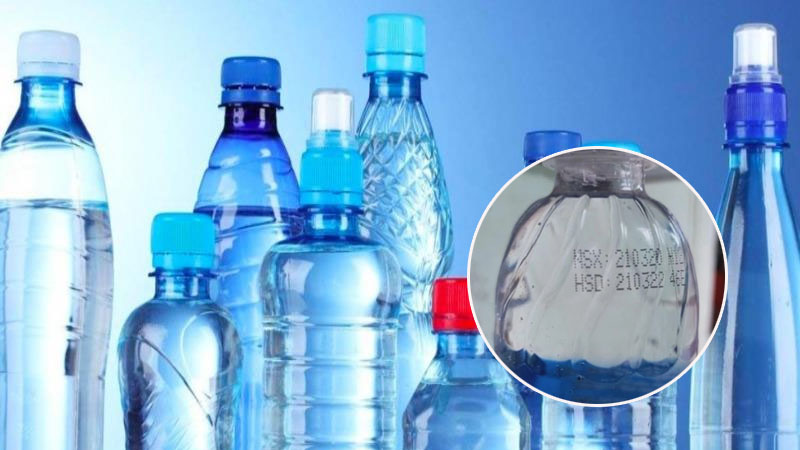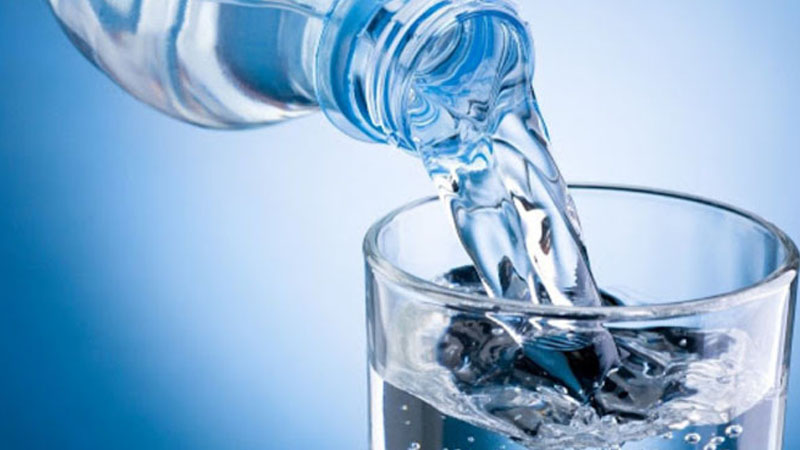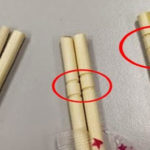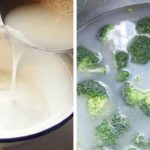Have you ever wondered if bottled spring water has an expiration date, and if there are any health risks associated with consuming expired bottled water? Let’s explore this topic together!
1 Does Bottled Spring Water Have an Expiration Date?
Some people believe that since bottled spring water is just water, it does not have an expiration date. However, according to our sources, bottled spring water does have a shelf life similar to other processed food products. This is because it undergoes treatment processes before being packaged.
It is important to note that the expiration date printed on the bottle applies to the water itself. On the other hand, the plastic bottles used for packaging are made of food-grade plastic, which has a longer shelf life of over two years.
 Bottled spring water does have an expiration date
Bottled spring water does have an expiration date
Over time, the plastic bottles can leach chemicals such as antimony and bisphenol A (BPA), contaminating the water inside. Additionally, external factors such as temperature, chemicals, and storage materials can also impact the quality of the water.
2 Health Risks of Consuming Expired Bottled Water
According to Vinmec International Hospital, drinking water from bottles that have exceeded their shelf life can lead to the consumption of plastic compounds like antimony and bisphenol A (BPA), which may cause issues with:
- The digestive system
- Immune function
- Respiratory function
Therefore, it is essential to consume bottled water before the expiration date indicated by the manufacturer to ensure its quality and safety.
 Consume bottled water before the expiration date for guaranteed quality
Consume bottled water before the expiration date for guaranteed quality
So, bottled spring water does have an expiration date, and consuming it past its shelf life can potentially harm your health. We hope this article provided valuable insights into the expiration date of this commonly consumed beverage!
Recognizing Spoilage and Best Practices for Storing Milk
Dien May XANH is advocating for the careful storage of milk to ensure people consume the nutrition-rich beverage that is safe and healthy. Milk, a source of vitamins and minerals essential to our bodies’ functioning, can become tainted if not properly handled, causing painful, and in some cases, severe gastrointestinal distress.
Exploring the Pros and Cons of Sleeping in an Air-Conditioned Room
Is sleeping with an air conditioner a good idea? As concerns over the adverse effects of air conditioning on our health increase, it’s important to understand the risks and rewards of using air conditioning while sleeping. Let’s examine the benefits and drawbacks of sleeping with an air conditioner, and the protective measures one should take.





































